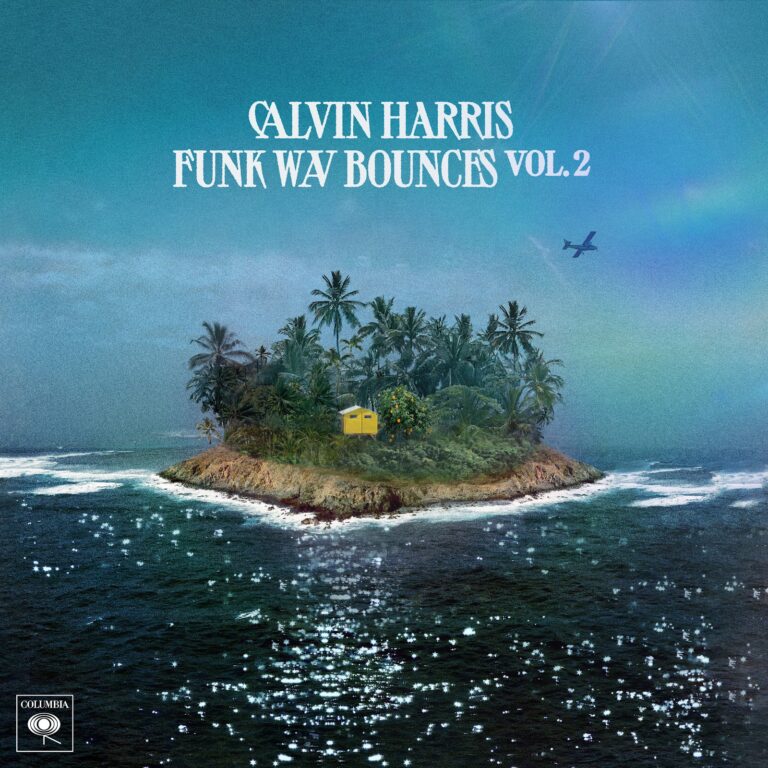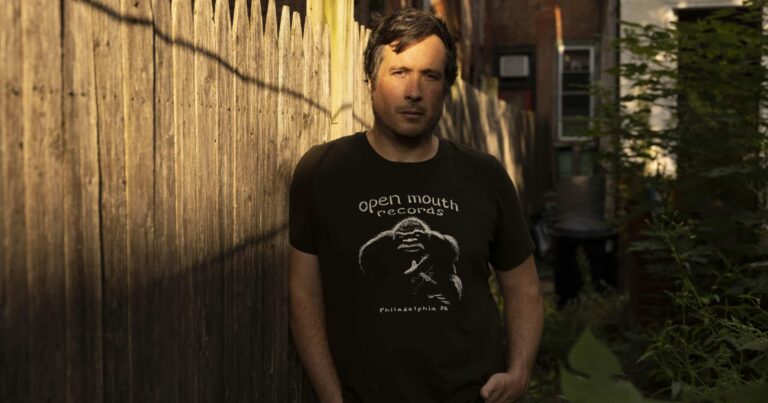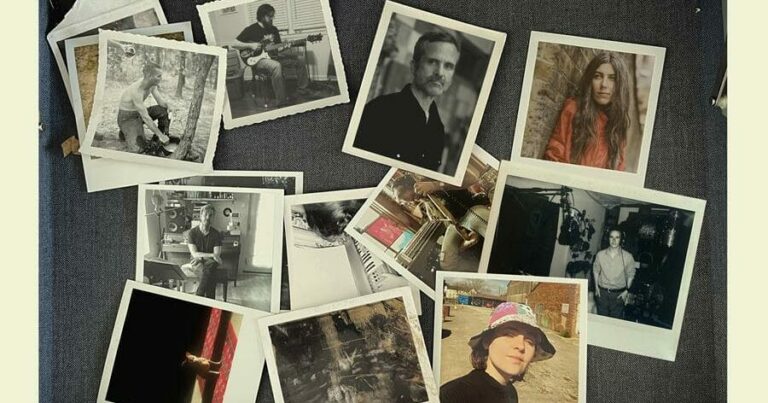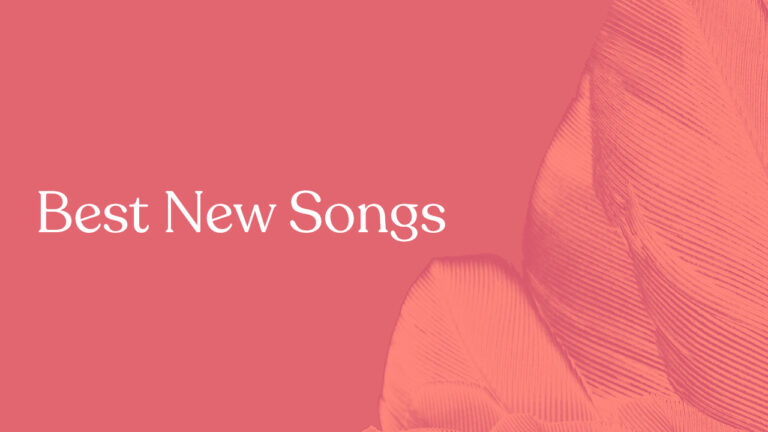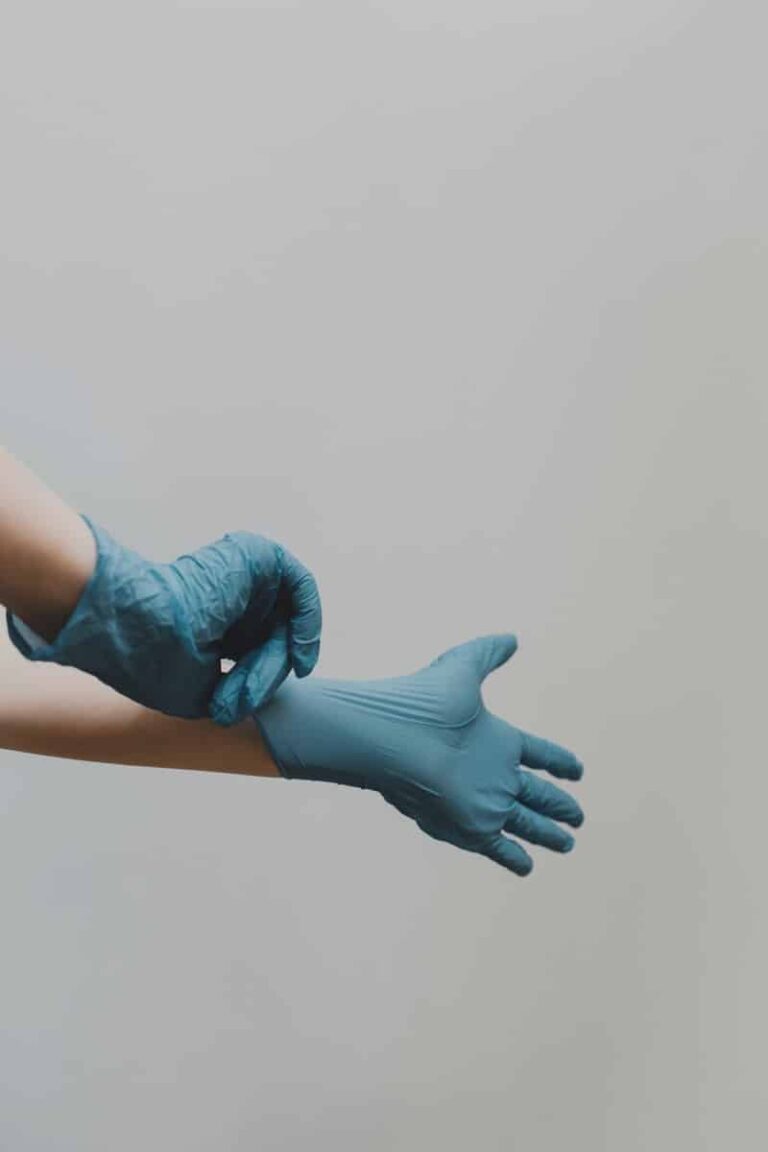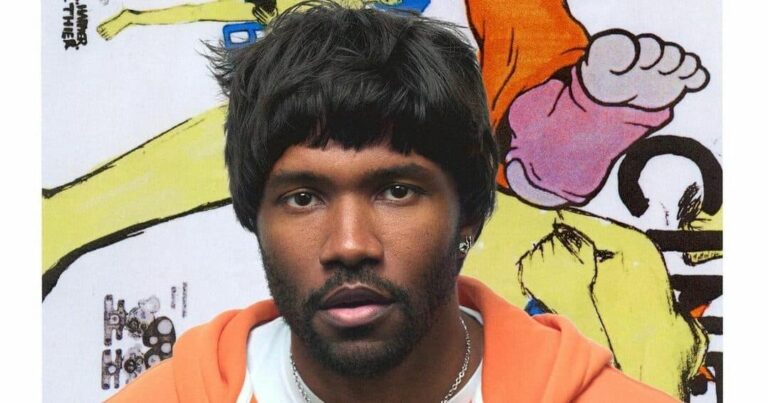Maintaining a professional appearance is vital in any industry, but it’s especially crucial in the medical field. Patients can often be intimidated by their surroundings, and if they feel like they are being treated poorly or that the office is run-down, they may not return for future appointments. Whether you’re running a clinic or pursuing a Doctor of Philosophy in Health Sciences program, investing in simple furnishings and attire can help your patients feel more at ease and show them that you take your work seriously.
The Importance Of Maintaining A Professional Appearance In The Medical Industry
First impressions are essential in all aspects of life, but they can be especially crucial in the medical industry. When patients come into a doctor’s office or hospital, they want to be reassured that they are in competent hands. One way to convey this confidence is through professional appearance. Studies have shown that patients are more likely to trust and cooperate with doctors who maintain a neat and polished appearance. This is why natural face moisturizer could be the perfect solution for you.
In contrast, patients who perceive their doctors as sloppy or unkempt are more likely to doubt their abilities and be less compliant with treatment. This is not to say that all doctors need to wear designer suits or have perfect hair; however, it is crucial to make an effort to look presentable and professional. In the end, maintaining a professional appearance is one small way to help build trust with patients and ensure high-quality care.
How To Maintain A Professional Appearance In The Medical Industry
There are a few simple things that doctors and other medical professionals can do to maintain a professional appearance. Here are a few tips:
1. Dress Professionally.
This means wearing clothes that fit well and are in good condition. Clothing should be modest and conservative, with no loud patterns or logos. A collared shirt and dress pants are usually a safe bet for men. For women, skirts or dresses below the knee and blouses with sleeves are ideal. It is also essential to avoid excessive jewelry or makeup.
Medical scrubs are the uniforms worn by doctors, nurses, surgeons, and other medical staff. They are designed to be comfortable and practical while providing a professional appearance. Scrub sets from Uniform Advantage are typically made from a lightweight fabric that is easy to clean and stain-resistant. They are also available in various colors and styles. Wearing royal blue scrubs or any other color is essential for creating a professional image for all medical staff. While scrubs are not required in all medical settings, they are becoming increasingly common in hospitals and clinics. There are several advantages to wearing scrubs in the medical field:
- They help to create a professional image for the hospital or practice.
- They provide a clean and comfortable environment for patients.
- Scrubs help to protect the wearer from exposure to harmful bacteria and viruses.
Wearing scrubs is essential in creating a professional image for all medical staff.
2. Keep Your Office Clean And Organized.
Patients will appreciate it if your office is tidy and free of clutter. Make sure all surfaces are clean and disinfected, and keep cabinets and drawers neatly organized.
3. Be Courteous To Your Patients.
Treat your patients with respect at all times, and be polite even when they ask difficult questions or make challenging requests. Patients will appreciate it if you take the time to listen to them and address their concerns.
Treating patients with professionalism has many benefits for your practice. First, it creates a positive reputation for your hospital, clinic, or medical practice. Patients treated with care and respect are more likely to return for future medical care. This loyalty can lead to increased business and positive word-of-mouth marketing for your practice. In addition, treating patients respectfully can help to build trust between you and your patients.
When patients feel their needs are respected and heard, they are more likely to follow treatment plans and comply with medications and other therapies. Finally, treating all patients with dignity and respect reinforces the values of your practice. By demonstrating compassion and concern for your patients, you set the tone for the type of care they can expect from your entire staff. Ultimately, treating patients respectfully is good for business and the right thing to do.
4. Stay Up-To-Date On Medical Trends.
Keeping abreast of the latest medical developments will help you look like a knowledgeable professional. You don’t need to be an expert on every topic, but familiarizing yourself with critical issues will help you provide better patient care.
Hospitals, clinics, and practices must maintain a reputation of always being up to date with the newest medical trends and procedures. Staffing providers for facilities like CompHealth help ensure access to skilled professionals who are trained in the latest medical advancements.If patients know that they can always count on your facility to have the latest and most excellent treatments available, they will be more likely to keep coming back in the future.
You can ensure that your patients receive the best possible care by staying up to date on all medical trends. In addition, it is also essential to be up to date on all new medical technologies. By keeping up with the latest innovations in the medical field, you can ensure that your facility can always offer the most advanced treatments available. The best international travel nurse agency will help you keep up with the latest trends.
An outstanding travel nurse resume example will highlight your adaptability and eagerness to learn, showcasing your commitment to staying at the forefront of medical practice and technological proficiency. Demonstrating your continuous professional development is crucial, underscoring your ability to provide high-quality care in diverse settings. Explore a travel nurse resume example to understand how to effectively present your qualifications and experiences in a way that resonates with top agencies and healthcare facilities.
5. Maintain A Positive Attitude.
It’s easy to get stressed out in the medical profession, but remember that your attitude is reflected in your work. If you’re constantly grumbling about your job or complaining about your patients, they’ll pick up on it, reflecting poorly on you. Try to stay positive and upbeat, even when things get tough.
The Benefits Of Maintaining A Professional Appearance In The Medical Industry
By maintaining a professional appearance, doctors and other medical professionals are sending a message to their patients that they take their work seriously. A clean and organized office, polite attitude, and up-to-date knowledge convey that doctors are competent and care about their patients. Patients appreciate these reassurances, which can often lead to better health outcomes. In addition, a professional appearance can help build trust with patients, which is essential for providing high-quality care.
The Effect Of The Smell On Patients
A clean smell can have several advantages for your practice. First, it will help to create a pleasant and inviting environment for clients. This is important because it can make the difference between a client feeling comfortable and relaxed or anxious and stressed. A clean smell can also help to boost productivity by creating an environment conducive to concentration and focus.
Additionally, research has shown that a clean scent can positively affect the brain, making people feel more alert and cheerful. For example, one study found that participants exposed to the smell of citrus felt more awake and energetic than those who were not. So, not only can a clean scent help create a pleasant environment for patients, but it can also positively impact their health and well-being.
Choose The Colors Of Your Walls
Hospital walls are traditionally painted in neutral colors such as white, beige, or light blue. However, there is growing evidence that specific colors can positively impact patients’ health. For instance, studies have shown that green can help to reduce anxiety and promote healing. Blue, meanwhile, is known to have a calming effect. As a result, many hospitals are now painting their walls in these colors to create a more relaxing environment for patients. While there is no definitive evidence that color directly impacts health, it is clear that it can play an essential role in creating a positive atmosphere. For this reason, choosing the right color for your practice or hospital walls is an important decision that should not be taken lightly.
While choosing a vibrant color scheme for your medical practice may be tempting, it is essential to remember that professional appearance is critical in creating a successful business. Patients want to know that their doctor is competent and knowledgeable, and sterile white walls can help to convey this message. In addition, brightly colored walls can be distracting, making it difficult for patients to focus on the task. As a result, it is generally best to stick with neutral colors when choosing the paint for your medical practice. This will create a calm and professional atmosphere that will put your patients at ease.
The Importance Of Following Professional Hygiene Guidelines
As a medical professional, it is essential to follow all hygiene guidelines to maintain a clean, safe and professional environment for you and your patients. By adhering to these guidelines, you can help prevent infection and illness and ensure that your patients receive the best possible care.
Furthermore, following hygiene guidelines is essential for maintaining a professional reputation. Patients are more likely to return to a medical practice that they perceive to be clean and well-run, and they are also more likely to recommend it to others.
In today’s competitive healthcare market, it is essential to provide high-quality care to stand out from the crowd. By following all hygiene guidelines, you can help to ensure that your medical practice remains clean, safe, and professional.
In Conclusion
In conclusion, it is vital to maintain a professional appearance in the medical industry. This means wearing appropriate clothing and following hygiene guidelines. By doing so, you will help to create a positive image for yourself and your profession.


